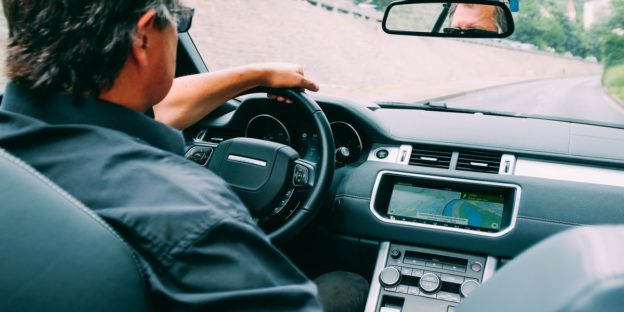Approximately one out of four vehicles is leased each year. While this option isn’t for everyone, it can offer benefits such as lower monthly payments, lower maintenance costs and the option to get a new vehicle every few years. But what happens if the lessee stops paying on a leased vehicle? Can it get repossessed just like owned cars?
The short answer: Yes. If a person is currently leasing a car and can’t afford the payments, it can be repossessed. Let’s explore more about repossessing leased cars.
What Happens When the Lessee Stops Making Lease Payments?
When a person leases a vehicle, they’re making an agreement with the lessor (or the company they’re leasing the car from) to make their payments on time. If they don’t, it’s a breach of the lease, and it will trigger the lessor to send a tow truck to come and get the car. It doesn’t take much for this to happen. Usually, just a couple of missed payments can get the vehicle taken away.
Now, when a lessor takes the car away, is this the same as repossession? Yes, it is. If the lessee doesn’t authorize the option of having their car repossessed, it’s referred to as an “involuntary repossession.” If they do volunteer or authorize having the car repossessed, it’s called a “voluntary repossession.”
Either way, it’s not a happy situation because it can cost a lot in fees such as:
- Early termination fees
- Remainder of lease payments
- Past-due payments
- Excess wear-and-tear and mileage fees
- Cost of repossession
- Cost of resale
Is it Common for Cars to be in Repossession?
Repossessed vehicles are not uncommon, especially in this day and age where the average new car costs roughly $47,000. If you face any type of hardship, it’s going to be very difficult to make these payments on time. According to recent data, roughly 2.2 million vehicles were repossessed in 2021.
What Happens When Cars are Repossessed?
When a repossession happens, the owner typically has the opportunity to make up the payments and take back the vehicle. If they’re unable to do so, the lender will take possession and sell the car, usually through an auction. This is beneficial for the public community because they can purchase repo cars for a fraction of the price.
However, many auctions are not public and require a dealer’s license. RepoFinder does not. We are the largest bank repo list in America, with links to thousands of lenders selling bank-owned vehicles. Browse our selection of repo vehicles today, including previously owned and leased cars in good condition!

